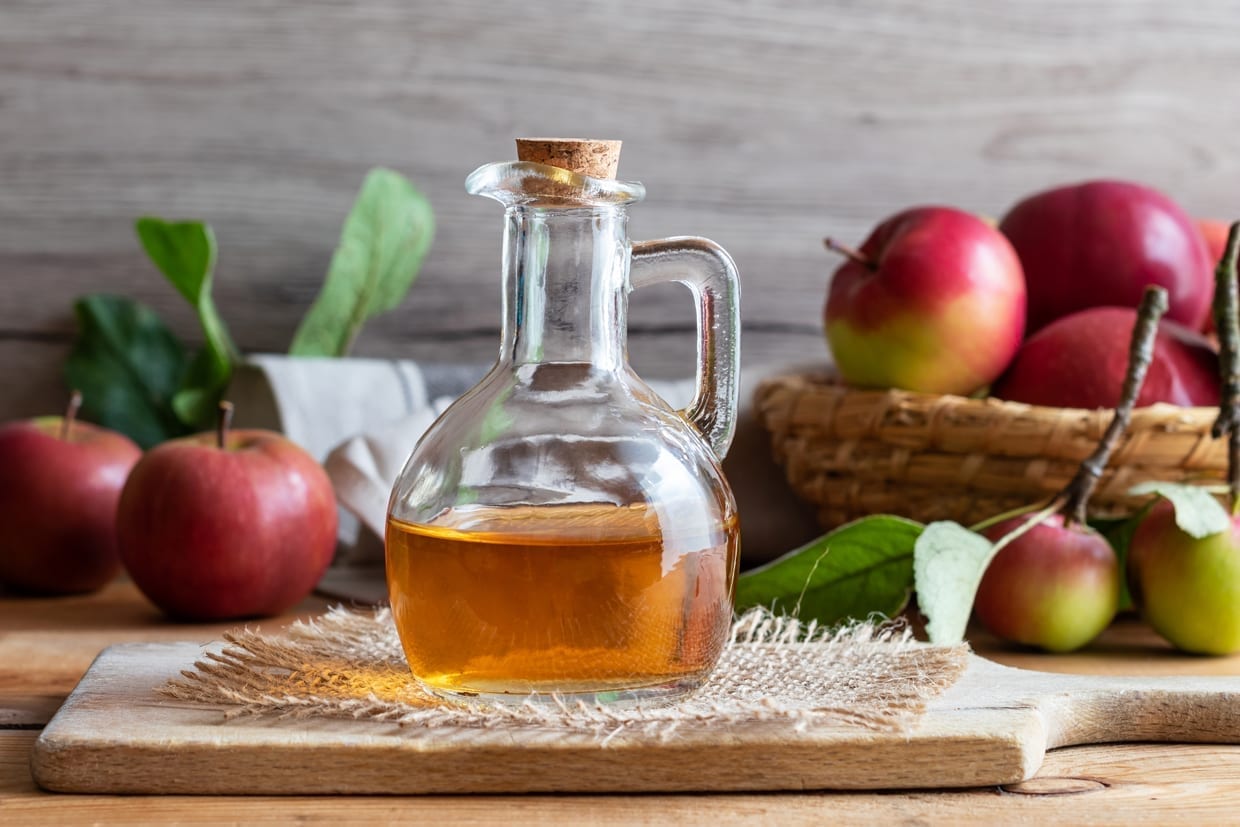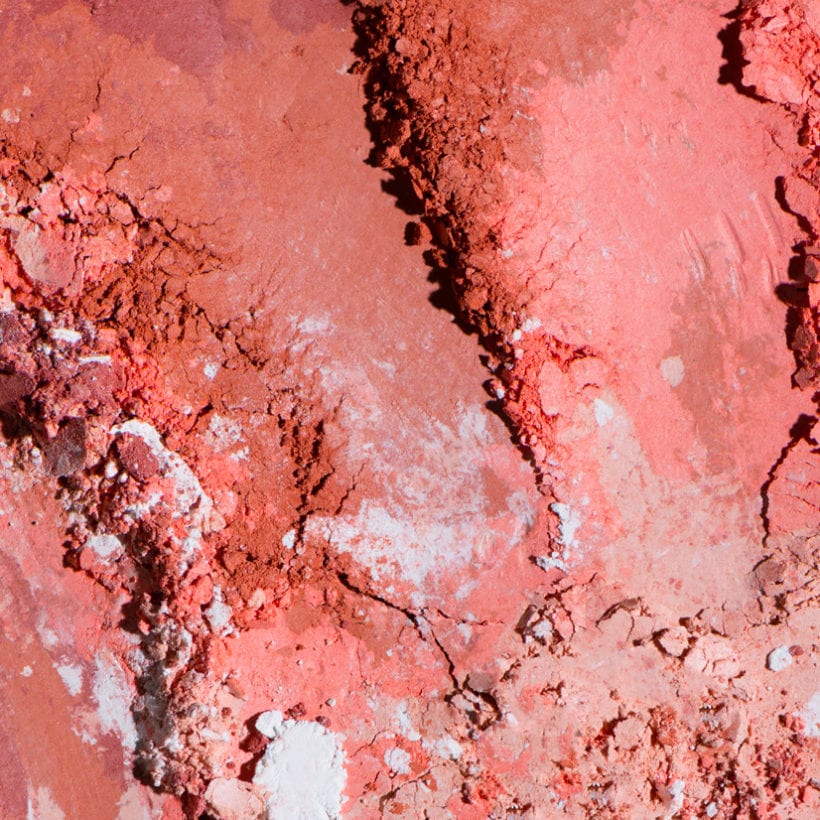For an ingredient with little scientific backing, apple cider vinegar has made waves in the wellness world. And the hype is not showing signs of slowing any time soon as consumer interest is skyrocketing.
A staple in do-it-yourself skincare and health — DIY is a theme to watch, according to Google’s 2017 Beauty Trend Report, with the overall category growing in the U.S. at eight percent — apple cider vinegar itself is the subject of many folklore and legends. The ingredient is said to have been around since ancient times, but today many use it for skin, gut and hair health.
“Apple cider vinegar contains apples, yeast and sugar,” says Gary Goldenberg, M.D., Assistant Clinical Professor of Dermatology at The Icahn School of Medicine at Mount Sinai Hospital. Similar to alcohol, making apple cider vinegar is a two-step process. First, the crushed apples are fermented. Next, acetic acid-forming bacteria are added. The end result is the vinegar skincare junkies have come to love as many say it is helpful with rosacea, acne and balancing the skin pH. There is even deodorant formulated with apple cider vinegar and activated charcoal for odor protection.
But Goldenberg warns that before trying out apple cider vinegar on the skin always dilute it and, most importantly, proceed with caution. “The product is highly acidic and can be toxic to the skin,” says Goldenberg. “I’ve seen multiple patients with chemical burns that leave scarring and pigmentation due to use of apple cider vinegar.” There is another solution, if you do not want to add the acidic ingredient directly to your skin: ingest it.

“I also recommend for patients to drink a tablespoon of apple cider vinegar (or lemon water) in the morning to put their system in an alkaline state,” says Goldenberg. According to the American Nutrition Association, the body has a pH of around seven, and when the body is in an alkaline state, things like our metabolism and immune system will perform better — so does the skin.
“Alkaline state is anti-inflammatory and can help with various skin conditions, including acne, rosacea, eczema and psoriasis,” he says. Just note, similar to if you are applying it on the skin, make sure to dilute it with water before drinking.
And for those that might suffer from an oily scalp or buildup in the hair, apple cider vinegar may be useful for hair care. The ingredient can help the hair maintain a good pH balance, thanks to its acidity, and it affects shine. Goldenberg says some of his patients with oilier hair have found success mixing it in with their shampoo, but if DIY is not your thing, check out dpHUE for a range of apple cider vinegar hair products.
The bottom line? Apple cider vinegar is okay for a DIY skincare product — and can be effective for the scalp — but Goldenberg says using it to alkalinize the system is best.






